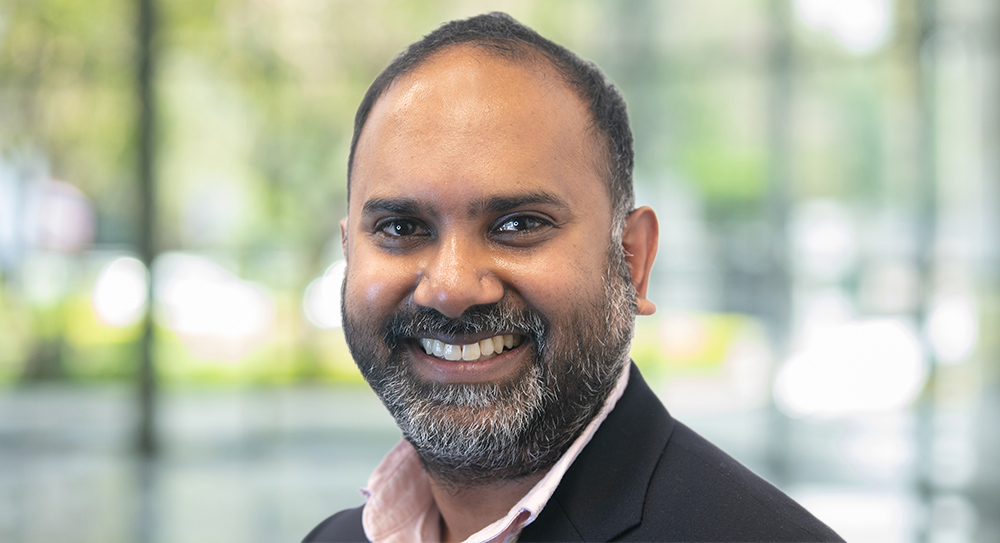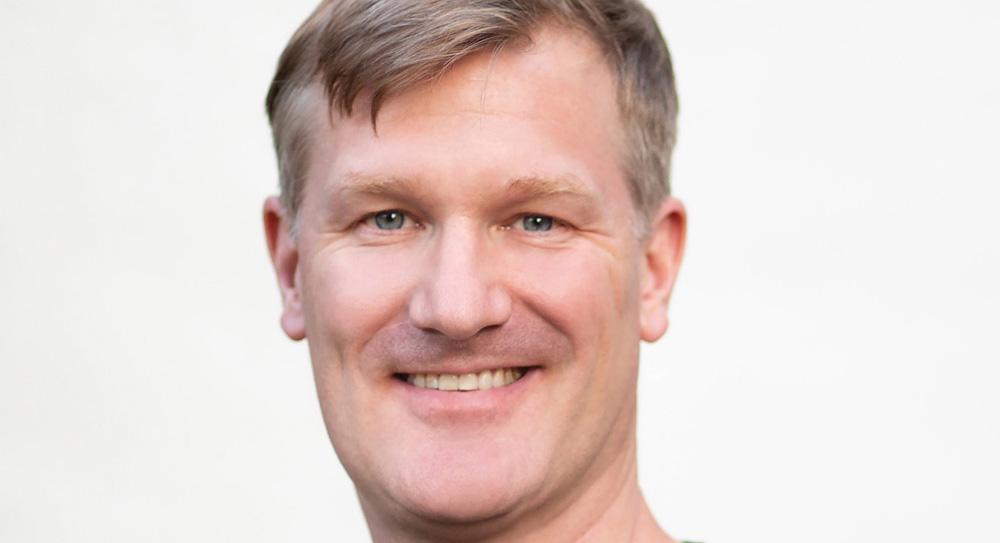Profile: Matt Harrison, Stanley Capital
The Drawdown (TDD): You were previously interim CFO at Appian Capital Advisory – what prompted the move to Stanley Capital in 2021?
Matt Harrison (MH): When I joined Appian Capital,...
Categories: ProfileFundraising & fund structuringData roomOutsourcingIT & cyber securityTechnologyData roomReporting portalReporting softwareTech providers






